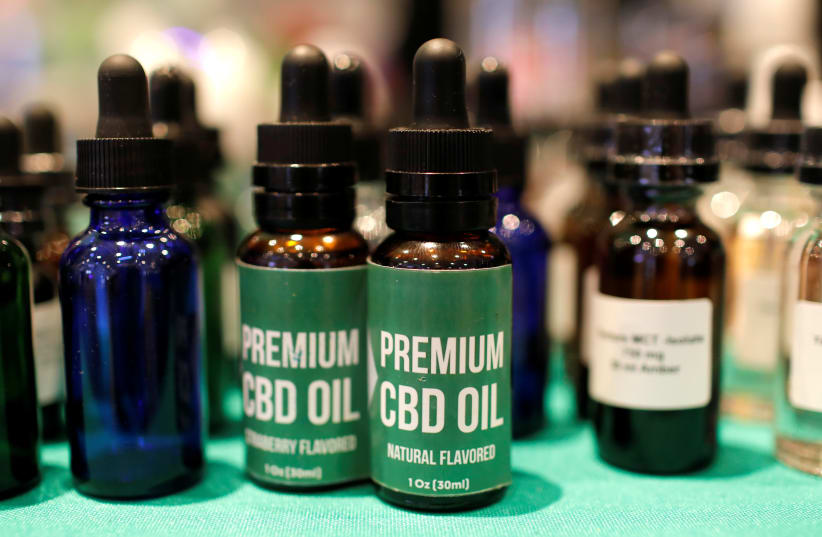Though it's a component of cannabis, very high doses of cannabidiol (CBD) don't appear to impact driving, a new Australian study reports.
To the delight of millions of CBD consumers and patients around the world, the University of Sydney-led research, published May 30 in the peer-reviewed academic periodical Journal of Psychopharmacology, finds that 1,500 mg., the highest daily medicinal dose of CBD, supposedly a safer and legal alternative to traditional marijuana, has no affect on people’s driving or cognitive abilities.
The study examined 17 participants undertaking simulated driving tasks after consuming either a placebo or 15 mg., 300 mg. or 1,500 mg. of CBD in oil, which are the frequently consumed doses.

Participants were told to try to maintain a safe distance between themselves and a lead vehicle, and then "drive" along highways and rural roads. They completed the task between 45-75 minutes after taking their assigned treatment, and then again 3.5 to 4 hours later, to cover the range of plasma concentrations at different times. They repeated this under each of the four different treatments (placebo plus three different doses).
The researchers measured participants’ control of the simulated car, tested by how much it weaved or drifted, as well as their cognitive function, subjective experiences, and the CBD concentrations in their plasma. They concluded that no dose of CBD impaired performance.
CBD use
CBD use is increasing in Western nations. Over the last decade, its popularity has skyrocketed throughout the consumer marketplace, in products such as CBD oil and CBD gummies. A previous Australian study indicated that around 55,000 requests to access medicinal CBD have been approved in Australia since 2016.
The University of Sydney study addresses the sharp contrast between CBD and THC, a cannabis component that can induce sedation, euphoria (a "high") and impairment. It says the former only calms users without intoxicating them.
A comprehensive study in 2021, which was published by the US Justice Department, found that the levels of THC – the most dominant psychoactive component of the cannabis plant – don’t function as reliable indicators for impaired driving. Likely reasons for this are that the metabolic rate for cannabis users varies widely, meaning that while one person may need to wait four hours following cannabis consumption before driving, someone else may need to wait twice as long.Furthermore, cannabis is unique in that it does not leave the human bloodstream as quickly as other drugs, especially its relatives in the psychedelic family. While compounds like LSD and psilocybin normally leave the bloodstream within a day or two, heavy cannabis users can often find cannabis in their blood even a month after use.
“Though CBD is generally considered ‘non-intoxicating,’ its effects on safety-sensitive tasks are still being established.”
Dr. Danielle McCartney
“Though CBD is generally considered ‘non-intoxicating,’ its effects on safety-sensitive tasks are still being established,” said the new study's lead author Dr. Danielle McCartney, from the university’s Lambert Initiative for Cannabinoid Therapeutics. “Our study is the first to confirm that, when consumed on its own, CBD is driver-safe.”
Added McCartney: “We do, however, caution that this study looked at CBD in isolation only, and that drivers taking CBD with other medications should do so with care."
Idan Zonshine contributed to this report.
